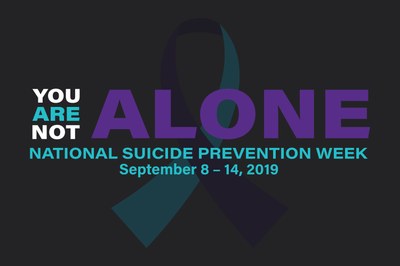Add Health data collection began 25 years ago, yet new research is still being published using Wave I data which adds to the scientific knowledge of adolescent health. A recent study by Boyd, Quinn, and Aquino titled The Inescapable Effects of Parent Support on Black Males and HIV Testing sought to understand what factors influence HIV testing in adolescence.
The study applied the ecodevelopmental theory to understand whether family context, including parent support and parent relationships, impacted HIV testing for Black adolescent males. Waves I and III Add Health data allowed researchers to account for self-efficacy, peers’ knowledge and influence of sexual behaviors, the participants’ perception of risk of contracting the AIDS virus, and parental support.
The findings support the hypothesis that parental communication positively influences HIV-related behaviors including getting tested for HIV. Results also showed that if parents had positive attitudes about sex, adolescents were twice as likely to get tested for HIV. Other associated factors of HIV testing among Black males included self-efficacy, peer knowledge, and participant attitudes of sex. The authors suggest that future HIV-related interventions among Black adolescents should promote positive communication skills. You can read more about the findings and discussion here.
Authors:
Donte T. Boyd, University of Houston
Camille R. Quinn, Ohio State University
Gabrielle A. Aquino, University of Houston
Citation:
Boyd, Donte T., Quinn, Camille R., & Aquino, Gabrielle A. (2020). The Inescapable Effects of Parent Support on Black Males and HIV Testing. Journal of Racial and Ethnic Health Disparities.



